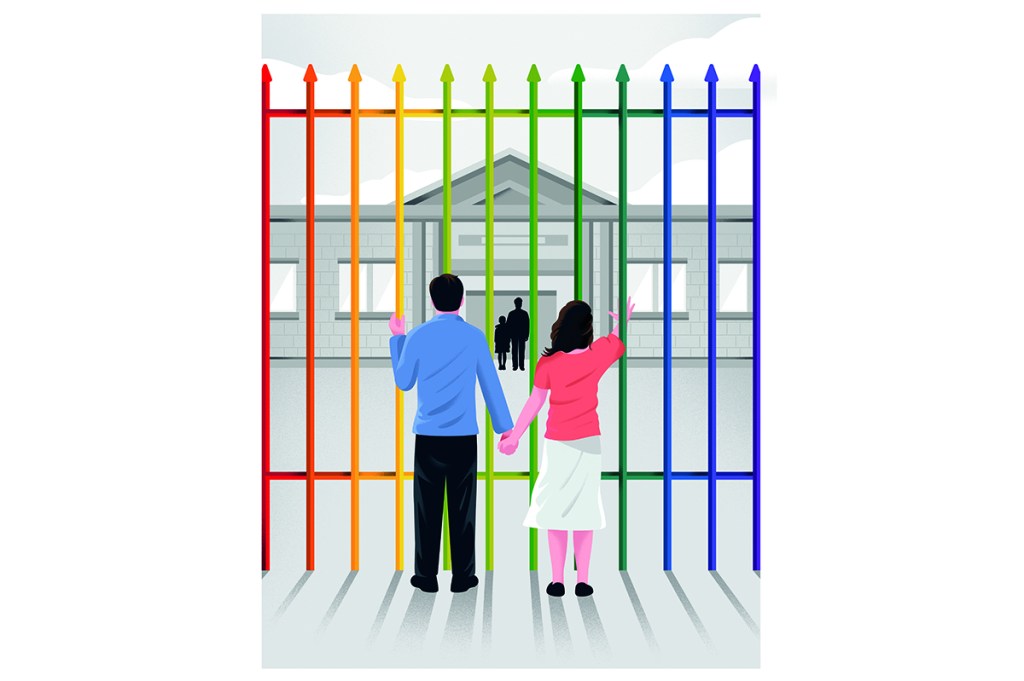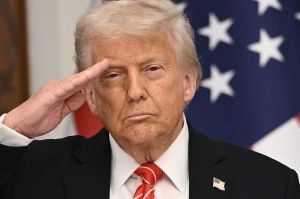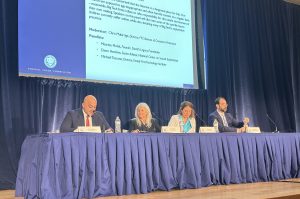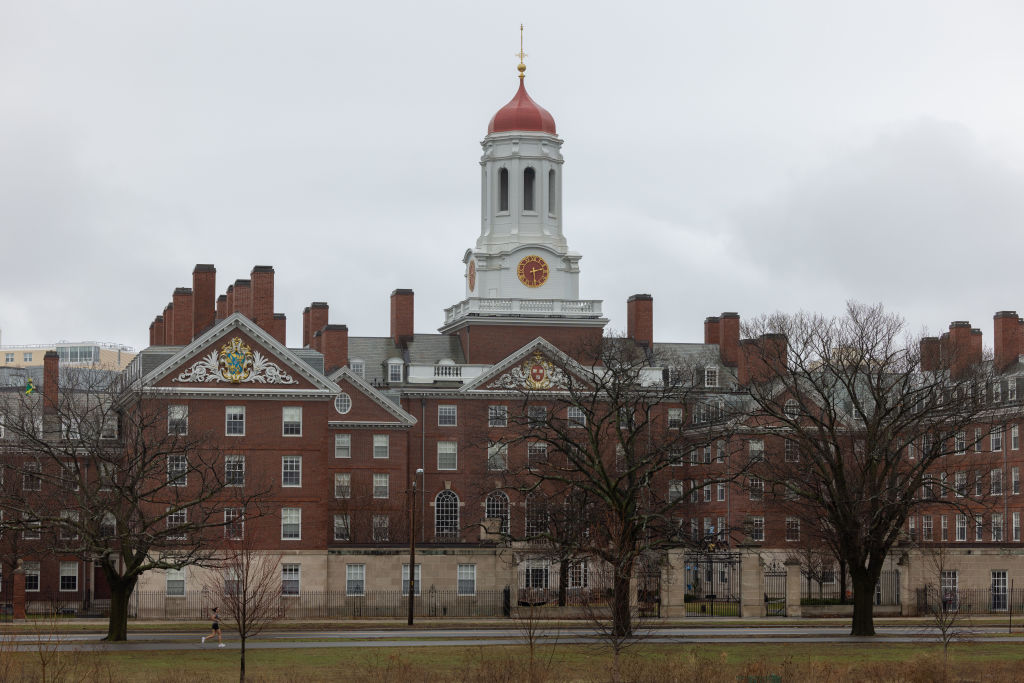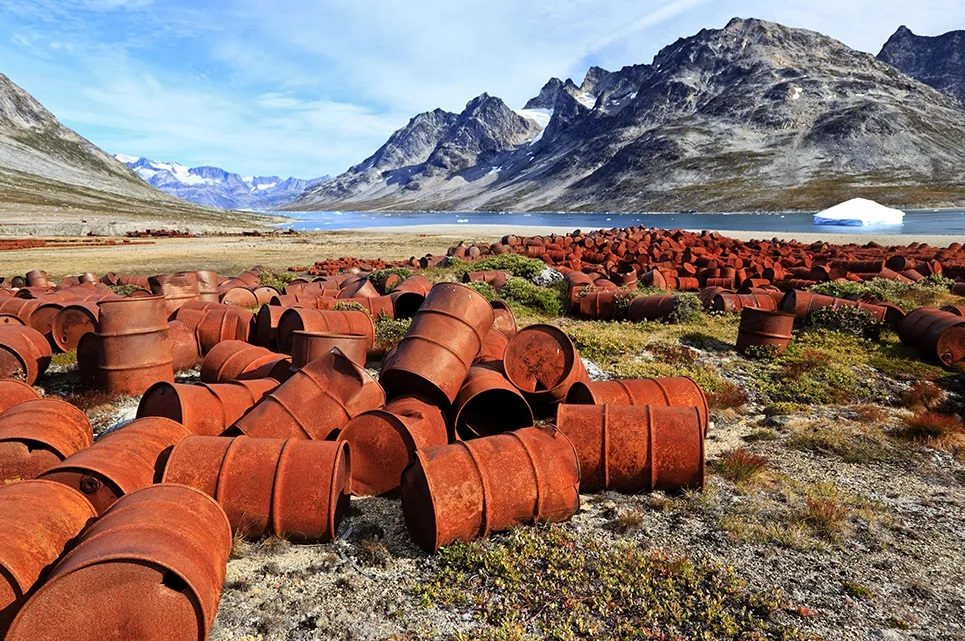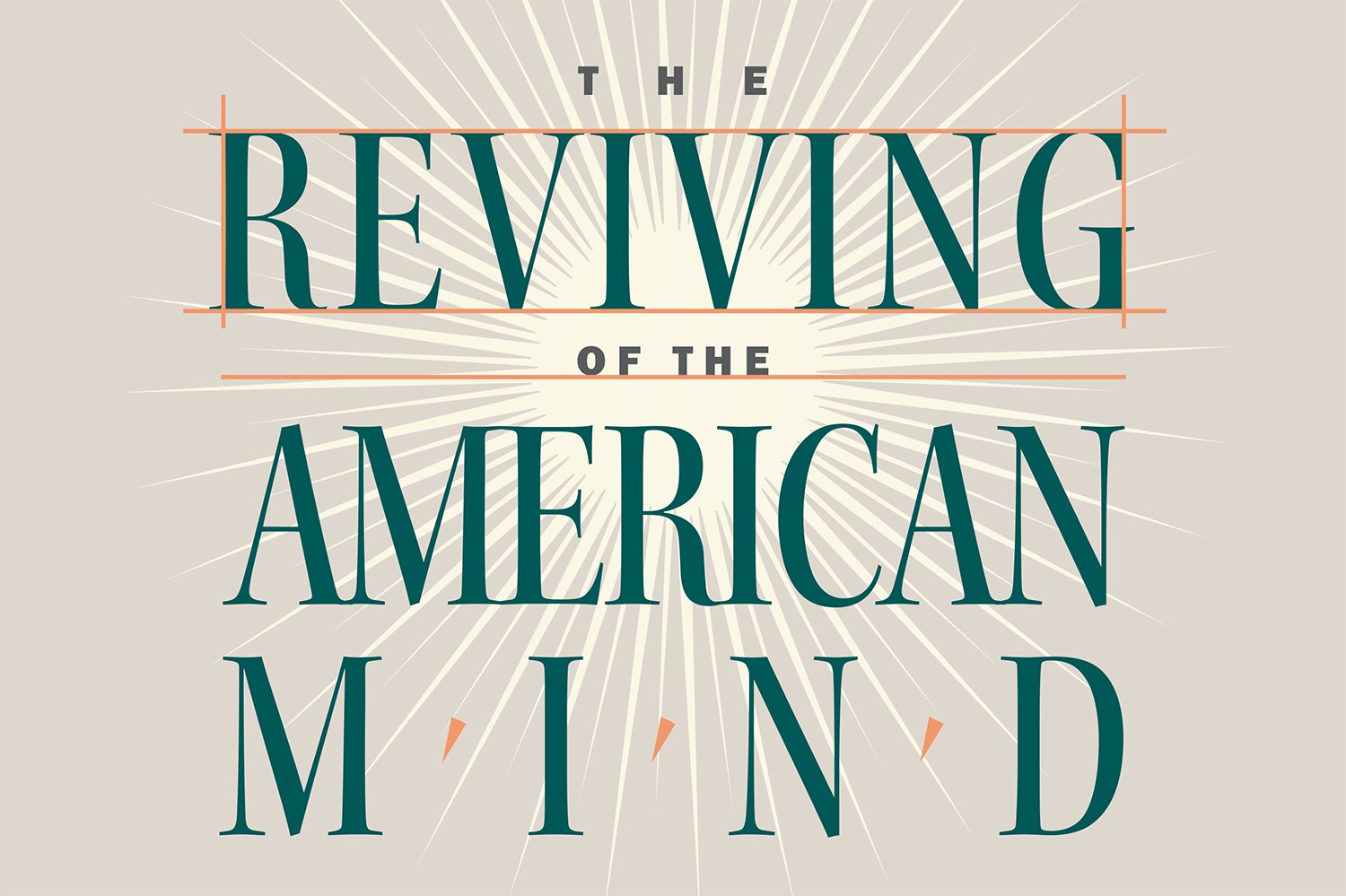It’s the end of August — which means the kids are heading back to school. Time, then, to think about the quality and content of the education most young Americans are receiving. What to ponder? Well, we award more bachelor’s degrees in “parks, recreation, leisure, and fitness studies” than in English. And what students learn in their liberal arts courses is less the intellectual and civilizational inheritance of the West than a cruel mimicry that preferences “multiculturalism” and “critical thinking.”
America’s past, students learn in history class, is filled not with heroes worthy of emulation, but villains worthy of opprobrium — at least according to the likes of Nikole Hannah-Jones and her 1619 Project, which has been circulated as a curriculum to millions of American students. Nor, they learn, is there anything special about the so-called “classics” of Western literature, which, many teachers now believe, perpetuate bigotry, the patriarchy, and cisgender norms.
Welcome, then, is former president of St. John’s College John Agresto’s new book, The Death of Learning: How American Education Has Failed Our Students And What to Do About It, which presents a renewed case for the value of a classical liberal education. This is especially important in 2022, given that the liberal arts are, in Agresto’s terms, “a project without an audience.” That’s not just because of ideologically driven changes in the curriculum of the liberal arts, but because many students (and the parents typically footing the bill) are prioritizing what they believe are the practical arts: business, accounting, law, medicine, engineering, computer science.
As a former public school history teacher, I have some first-hand (if slightly dated) knowledge of this problem. Fifteen years ago, I showed my class Kenneth Branagh’s 1989 film Henry V in the hopes of bringing history and Shakespeare to life. At one point, Henry V confronts the Earl of Cambridge, Lord Scroop of Masham, and Grey of Northumberland, regarding the three’s treachery. Harry the King declares: “For this revolt of thine methinks is like Another fall of man.”
I asked my students if any of them knew what Shakespeare meant by the “fall of man.” Only one, who I later learned had been well catechized by her Methodist parents, had any clue.
Now, you may ask, so what? So what if students aren’t familiar with Shakespeare or the Christian doctrine of the fall? So what if they never get a proper liberal education?
Agresto notes that the very word “liberal” in liberal education directs us to one of its benefits: it liberates us. He explains: “the liberal arts hold out the promise of freeing each of us from the captivity of prejudice, of platitudes and superstition, or of whatever it is that ‘everyone’ believes. In sum, we advance in our knowledge…in listening to all arguments and then deciding for ourselves.” That process requires being exposed to ideas different than our own, and being trained in the necessary analytic and rhetorical skills to both consider and discuss them. That’s exactly what’s lacking in the dystopias Benson and Huxley imagine: people are no longer true citizens but helots enslaved to a coercive state that tells them what to think and feel.
Speaking of citizenship, the liberal arts also train us in what is required to preserve republican government. That’s because we need to properly understand our own political inheritance, both in terms of how it came to us and why our ancestors deemed it an objective good. That in turn means listening to them, and presuming that we have something to legitimately learn from their experiences and wisdom. That was certainly the case for the Framers, who drank deeply both from the biblical and classical traditions, and believed familiarity with both was necessary for the survival of their political experiment. (Note also the remarkably profound interplay of optimism and skepticism in their thought regarding the possibilities of fallen human nature, one also born of deep reflection and experience.)
It’s short-sighted to think we can sustain an America that severs itself from its own past. Yes, I get it, the Western tradition is predominantly formed by “white” males who held opinions that contemporary America now finds contemptible. But even if you disagree with those opinions, you still have to understand how they influenced the world in which you now exist. “Without some real, broad, and systematic exposure to the works of this culture, our students, including minority students and children of recent immigrants, will have been cheated. They will be kept as strangers in a strange land,” writes Agresto.
Moreover, the liberal arts help us contemplate the kinds of questions that make sense out of our existence and participation in public life. Agresto names a few: “Who am I? Why am I? …What should I do to be a good person? Why should I want to be a good person? …What makes something beautiful? Noble? …I wonder if it’s true that ‘all men are created equal’?” It’s not in calculus or business analytics classes, but in reading Homer, Dante, and Dostoyevsky that we are able to contemplate, and perhaps find imperfect answers to, these questions.
Imagine you are traveling to the foreign country of an ancient civilization you know little about. You want to understand this nation and its people. What kinds of texts do you study? The most revered literature and history of that culture? Or, alternatively, a contemporary critique of that culture that approaches its past with cynicism and disdain? Which of those will be more helpful to you?
If we want our children to be true citizens of this country — or even “citizens of the world” — they must first imbibe the literary and cultural inheritance of our own American civilization. I, for one, view it as a rich inheritance, one my forefathers fought for, and one worth knowing and preserving in all of its imperfect beauty. Men and women with limited intellectual and moral imaginations are the most susceptible to enslavement. But to know that truth, you’ll likely have to do some reading.



